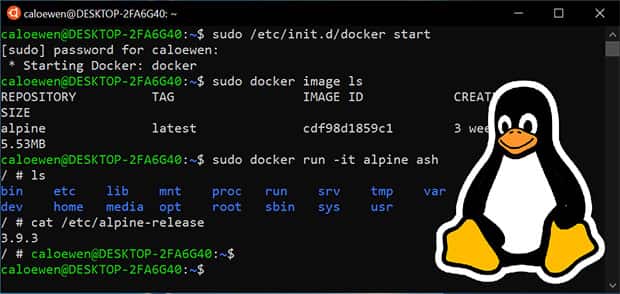As Linux is free and Open Source, it comes with very large software repository and it’s compatible with a lot of low end hardware. Windows being a proprietary operating system, developers and users more or less have to work within relatively closed software environment. This places certain restrictions on what you can do. Anyone who has dealt with Windows Update and Microsoft’s DRM feature knows what I mean. Linux on the other hand completely open source kernel (the central part of your operating system that links your hardware with applications), meaning that it can be used freely for any purpose.
Here are 5 best Linux books to master the Linux operating system.
Best Linux Books
How Linux Works: What Every Superuser Should Know by Brian Ward
If you know nothing about Linux and you read just the first few chapters of this book, you’ll become a sort of competent user of Linux even though you might not understand how the whole system works. What I particularly like about this book is it goes into the minimum details required to get things done. It concisely puts together what you need to know. It will teach you all you need to know to become an extremely competent Linux user. From basic command line inputs to file systems, networking, devices, shell scrips and user environments. One of the best Linux books that will remain constantly within easy reach for reference.
The Linux Programming Interface: A Linux and UNIX System Programming Handbook by Michael Kerrisk
This Linux book is fairly technical and deals with the inner working of Linux kernel. It goes through all the different APIs step by step and explains all the things. It contains some juicy information about Linux processes, such as: how to spawn child processes, how to correctly prevent creation of zombie processes etc. There’s all kind of good stuff about threads. It has in-depth content about socket programming. This book is little less then 1500 pages. This is a very handy book if you want to write software for Unix/Linux.
Unix and Linux System Administration Handbook by Evi Nemeth
This book is now in its 5th edition. If you can only afford a single book on the low level skill building and concept understanding part of being a System Admin- this book is what you need. Book is well structured and a lot of information is packed in a minimum space so you can use it as a reference. This is the best ‘core text’ for Linux and Unix system administration that I’ve found. It’s technically rigorous and readable. Real love of the subject shines through in every chapter. It covers multiple Unix like operating systems, such as BSD, Linux, Solaris and HP-UX. The book even includes some business and soft skills. It covers basic tasks, hardware related tasks, TCP/IP stack, important services like web hosting storage, DNS, NFS, mail, virtualization, X-windowing system.
Apart from our list of Best Linux books, Feel free to check our list of best ethical hacking books.
Linux in a Nutshell: A Desktop Quick Reference
The bash shell, pattern matching vim (my favorite) and emacs basics to get you started. This Linux book is about 1,000 pages long and none of it wasted with useless info. Browse a couple of commands a day and read the rest of the book cover to cover. You’ll be a power user in Linux world. This Linux book is an excellent reference text for Linux as well.
The Linux Command Line – A Complete Introduction by Williams E. Shotts
This book covers more than typical command line introduction books. You will see the typical examples of the common commands but the examples go into greater depth. The author depicts these short tutorials, creating your own files on a sandbox directory, then you see how the commands work. One of the issues I find myself at work forgetting the regular expression where I need to find a file by a certain name or date. This book has the exact real world examples I would need. A big bonus is the last few chapters are guides that help in writing scripts. I’m not an expert script writer and need all the help I can get, this was a welcome surprise. The chapters offer a template script and you add options as the chapters go on. With the amount of information you learn from this Linux book, you can easily make a handy script to help with daily tasks(clearing /home).
There’s nothing in Linux that can’t be done on the command line. Graphical user interfaces are just a pretty presentation of what’s going on underneath. Some people might grumble at “having to learn the command line” but honestly it feels very powerful once you get the handle of it. After all, it is only about the command line. Command line is where where real magic lies and the author doesn’t assume you know anything about Linux.
These are some best Linux books on our list. If you think otherwise, please let us know in the comments.














Add Comment